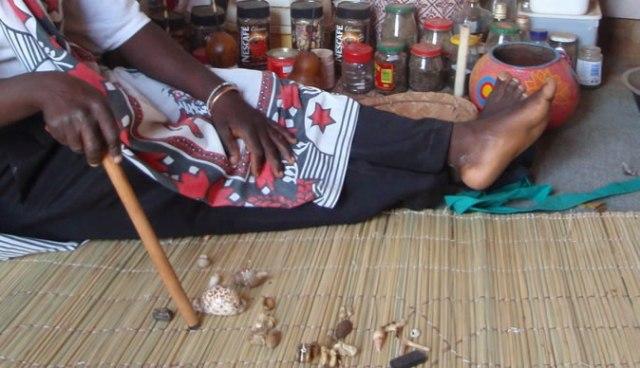The Healer’s Shadow: Culture at the Heart of Zimbabwe’s Medical Crisis
By Chiyedzo Josiah Dimbo, Ambassador of Hope
When Vanhuvaone, the Mpilo “fake doctor,” was exposed, the headlines focused on his daring deception. Yet his story reveals something deeper: a society that prizes appearances over substance and struggles to anchor modern science in cultural values.
Last month, Health Minister Dr Douglas Mombeshora revealed that more than 70 doctors are battling substance abuse, including dangerous misuse of opioids such as pethidine. The irony is stark—the healer has become the patient.
A Crisis of Culture, Not Just Medicine
Veteran physician Professor Solwayo Ngwenya argues that the problem runs far deeper than hospital corridors.
“The doctors you hear about today did not start abusing drugs in hospitals—they began in secondary school. We need to return to our cultural roots and embrace the ways our ancestors lived,” he said.
In ancestral times, families, elders, and communities acted as shields against destructive habits. Rites of passage instilled discipline, while cultural traditions emphasised balance, responsibility, and respect for life.
Today, those protective structures are fading, leaving individuals—including professionals—exposed.
Science Without Tradition is Fragile
Modern medicine has brought immense progress. Yet as Harvard’s Lester Grinspoon noted, doctors face a “culture of perfection,” pressured to appear infallible. This isolates them and makes it harder to seek help.
Traditional culture, by contrast, acknowledged weakness and offered collective healing. What modern systems describe as “burnout,” ancestral communities addressed through rituals of renewal and communal accountability.
Vanhuvaone as a Mirror
Vanhuvaone convinced many by imitating the look of a doctor—a stethoscope, a coat, the chaotic lifestyle. But like the façade he presented, society itself risks becoming hollow when form replaces substance. His story is a warning: without cultural grounding, even the most educated professionals can lose their way.
Blending Past and Present
Government initiatives like the Zimbabwe National Drug Master Plan are important, but incomplete. Healing must combine:
Revival of traditional values that prioritise discipline and respect.
Strengthened families as the first teachers of resilience.
Empowered educators to instil morals early in life.
A balanced professional culture where doctors can admit vulnerability without shame.
Closing Thought
The way forward is not to abandon modern science, but to harmonise it with ancestral wisdom. Tradition without progress risks stagnation; progress without tradition risks collapse.
If Zimbabwe is to heal its healers, it must first heal itself—drawing strength from the ancestors while embracing the tools of today. Only then will the stethoscope of science rest firmly alongside the staff of culture.




